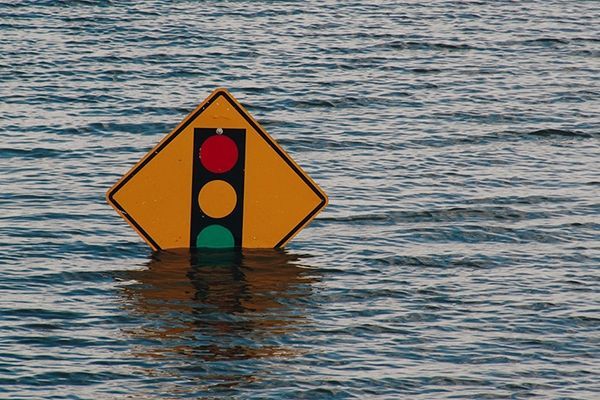Floods are some of the most damaging weather-related events in Canada, occurring so frequently that they’re the most commonly experienced natural hazard. In recent years, Canadians have witnessed a number of floods of historic proportions, largely in Eastern Canada.
Scant attention is paid to how history has shaped our approach to flood management in Canada. More specifically, little consideration is given to how our system of government handles hazard management, and how the current situation can be improved through the application of what’s known as “international relations theory.”
Addressing events such as floods, wildfires, tsunamis and rising sea levels causes what’s known as “collective action problems” in international relations theory, which focuses on international governance. These events require co-ordination between multiple entities, usually sovereign governments, and this can prove difficult.
Tackling these hazards is hard because it requires a variety of states, each with their own interests and goals, to come together to address a common issue, provide a common good or achieve a collective objective.
Continue reading at Queen's University.
Image via Kelly Sikkema - Unsplash.


